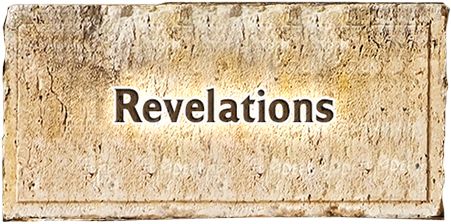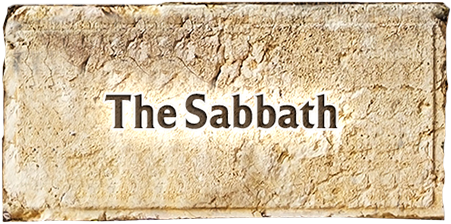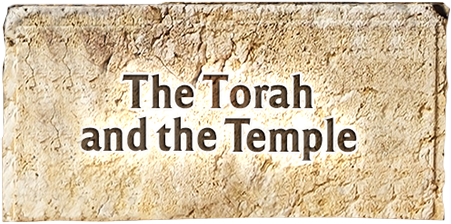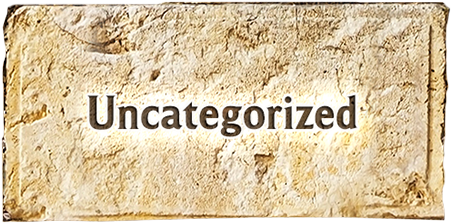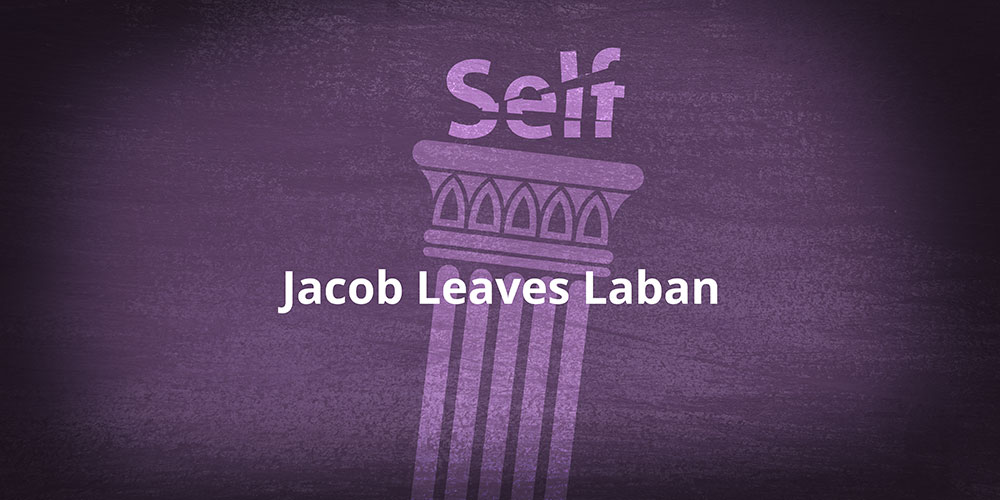Jacob Leaves Laban
The Return to Israel
Laban belittled Jacob.
He changed his wages ten times.
But your father (Laban) mocked me
and changed my wages ten times,
but God did not permit him to harm me.
Genesis 31:7
וַאֲבִיכֶן הֵתֶל בִּי
וְהֶחֱלִף אֶת מַשְׂכֻּרְתִּי עֲשֶׂרֶת מֹנִים
וְלֹא נְתָנוֹ אֱלֹהִים לְהָרַע עִמָּדִי:
HaShem did not allow Laban to do Jacob damage.
Jacob also did not allow Laban’s treatment to damage him.
Often-times when we encounter belittling treatment, we allow ourselves to indulge in a “pity party” because we encounter unwarranted opposition and demeaning treatment.
This causes us to become immobile.
Jacob did not allow this to happen.
Another reaction is to dislike people. Because they reject us, we build a defensive wall of superiority, and feel that we are better than they are. This is the other side of self-pity.
Jacob didn’t do any of this. He didn’t let pride slip into his heart.
He didn’t say “I am a child of Abraham and Isaac. I don’t deserve this.”
He didn’t allow himself to fall into that trap. It was a false way of escape that Jacob did not allow himself to enter.
Jacob did not build a monument, or an altar to the negative things that were happening to him.
This is what many people do with the negative things that happen to them in life.
They build a monument to them, and tabernacle around them in their minds and emotions.
This can go on for years.
They become negative and bitter.
They become full of unforgiveness.
It can have a lingering and pernicious influence.
The hurts and wounds of the past poison their lives in the present.
Again, Jacob did not fall into that trap.
Instead he simply did what HaShem told him to do: RETURN TO THE LAND.
And the Lord said to Jacob,
“Return to the land of your forefathers and to your birthplace,
and I will be with you.”
וַיֹּאמֶר יְהֹוָה אֶל יַעֲקֹב
שׁוּב אֶל אֶרֶץ אֲבוֹתֶיךָ וּלְמוֹלַדְתֶּךָ
וְאֶהְיֶה עִמָּךְ:
This is the solution to adversity that brings the victory.
Hear the voice of the LORD, and DO IT.
Jacob put his head on a stone at Bethel. It was a hard place.
He took the stone and made a pillar or monument with it.
Then he anointed the pillar because HaShem had appeared to him there.
And Jacob rose up early in the morning, and took the stone that he had put under his head, and set it up for a pillar, and poured oil upon the top of it.
וַיַּשְׁכֵּם יַעֲקֹב בַּבֹּקֶר, וַיִּקַּח אֶת–הָאֶבֶן אֲשֶׁר–שָׂם מְרַאֲשֹׁתָיו, וַיָּשֶׂם אֹתָהּ מַצֵּבָה;
וַיִּצֹק שֶׁמֶן עַל–רֹאשָׁהּ.
This was a positive monument in Jacob’s life. It superceded the negative adversity he had experienced with Laban.
When we go through a hard place, and HaShem delivers us, we see it as a place where HaShem has had mercy on our lives.
We make an altar at that place.
It becomes a landmark in our hearts: a place of special significance to us, because it was at that place the HaShem had mercy on our lives.
It is a place where you see HaShem clearly for yourself.
It transcends all the mundane experiences of everyday life.
This is true for everyone who meets the Messiah Yeshua.
There HaShem met him.
The angel of G-d (the Messiah) refers to this place when he talks to Jacob.
And an angel of God said to me in a dream, ‘Jacob!’ And I said, ‘Here I am.’
And he said, ‘Now lift your eyes and see [that] all the he goats mounting the animals are ringed, speckled, and striped, for I have seen all that Laban is doing to you.
I am the God of Beth El,
where you anointed a monument,
where you pronounced to Me a vow.
Now, arise, go forth from this land and return to the land of your birth.'”
וַיֹּאמֶר אֵלַי מַלְאַךְ הָאֱלֹהִים בַּחֲלוֹם יַעֲקֹב וָאֹמַר הִנֵּנִי:
וַיֹּאמֶר שָׂא נָא עֵינֶיךָ וּרְאֵה כָּל הָעֲתֻּדִים הָעֹלִים עַל הַצֹּאן עֲקֻדִּים נְקֻדִּים וּבְרֻדִּים
כִּי רָאִיתִי אֵת כָּל אֲשֶׁר לָבָן עֹשֶׂה לָּךְ:
אָנֹכִי הָאֵל בֵּית אֵל
אֲשֶׁר מָשַׁחְתָּ שָּׁם מַצֵּבָה
אֲשֶׁר נָדַרְתָּ לִּי שָׁם נֶדֶר
עַתָּה קוּם צֵא מִן הָאָרֶץ הַזֹּאת וְשׁוּב אֶל אֶרֶץ מוֹלַדְתֶּךָ:
We see that the angel is actually the Messiah Yeshua,
because he calls himself G-d.
No angel is G-d.
At this point Rachel and Leah come into harmony with each other.
They come to an agreement, and are no longer contending with each other.
Being no longer at odds with each other, they say to Jacob in one voice:
But all the wealth that God separated from our father is ours and our children’s.
So now, all that God said to you, do
כִּי כָל הָעֹשֶׁר אֲשֶׁר הִצִּיל אֱלֹהִים מֵאָבִינוּ לָנוּ הוּא וּלְבָנֵינוּ
וְעַתָּה כֹּל אֲשֶׁר אָמַר אֱלֹהִים אֵלֶיךָ עֲשֵׂה:
So now we see that at the moment
when Rachel and Leah come into agreement with the Word of HaShem,
they cease being the daughters of the Syrian, and become the daughters of HaShem.
This is what Miriam said concerning Yeshua at the wedding at Cana:
Whatever he say for you to do,
do it.

